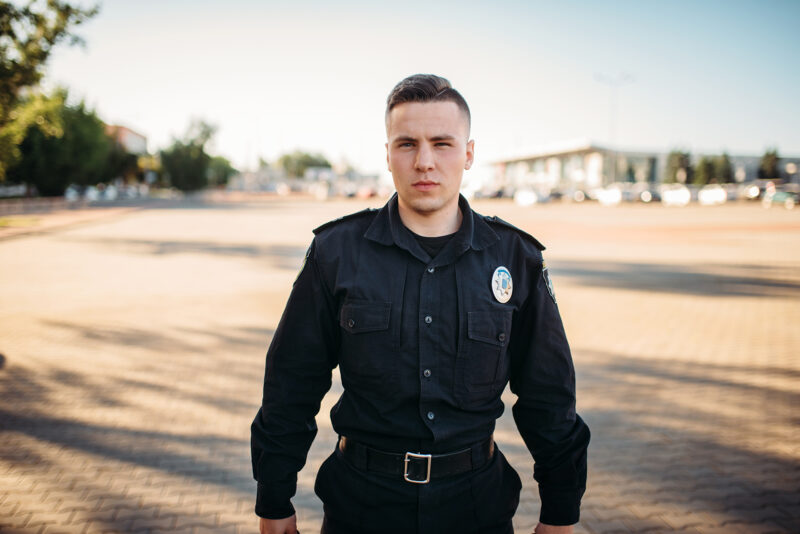World Mental Health Day is October 10th, and as a law enforcement charity that supports agencies, officers and their families, we know first hand the mental toll that this job has. We believe it is our job to provide understanding to our community regarding the struggles that officers face, including emphasizing the importance of mental health in this industry.
Suicide Among Police Officers is Extremely Prevalent
Almost 1 in 4 officers has contemplated suicide at some point in their lifetime and twice as many officers die from suicide than by homicide. Unfortunately, “chock it up to the job” is a term we hear all too frequently and which pervasively dismisses their struggles. For society to not validate first responders who face mental health challenges is only doing our country a disservice. Ironically, officers are trained to identify and communicate with people who have mental illnesses but aren’t given the same training or attention to identify their mental health challenges.
Mindfulness Practice Might Help Officers Cope with Mental Health Issues
Police officers are consistently burdened with work-related stressors that occur throughout their work days. They are bombarded with direct and vicarious trauma that can show itself in depression and interpersonal problems. In a recent study published in the American Journal of Psychotherapy, mindfulness-based interventions were shown to directly promote the mental and physical health of first responders while providing increased ability to face high stress situations.
A recent report in the Harvard Review of Psychiatry reveals that there are unique challenges and gaps in the research regarding why female first responders present with different PTSD symptoms than men. The researchers concluded that assessment strategies and treatment options should be tailored for individuals who are dealing with mental health issues stemming from occupation-specific-traumatic-stress exposure. In other words, programs designed to help everyone with mental health issues, don’t necessarily translate effectively for the type of mental health issues that affect the law enforcement population.
When Harvard says there isn’t enough research surrounding a topic, that’s not a good sign, folks.
One way to help officers cope with the trauma of the job is to educate or help them through a mindfulness practice program. Mindfulness is a practice meant to facilitate relaxation in the body and the calming and centering of the mind by focusing on the present. The more you are aware of your present, the more you can control your anxiety. The program developed by Harvard was proven effective in reducing stress, improving quality of life, and increasing self-compassion in first responders.
For officers who might be struggling with mental health issues you can find a variety of helpful resources at the website for The International Association of Chiefs of Police.
Some other resources available for police officers battling mental health issues include:
Safe Call Now is a CONFIDENTIAL, 24-hour crisis referral service for all public safety employees, all emergency services personnel and their family members.
The National Police Suicide Foundation provides support services that meet the psychological, emotional and spiritual needs of law enforcement, on every level.
The National Alliance on Mental Illness is a national non-profit that provides FREE group therapy with trained counselors as well as other extremely helpful support for those suffering from mental health or strain.
EALE Charities in partnership with the Police Officer Assistance Trust provides assistance to distressed officers and their family members. We believe this includes not only physical health, but mental health as well!

No comment yet, add your voice below!